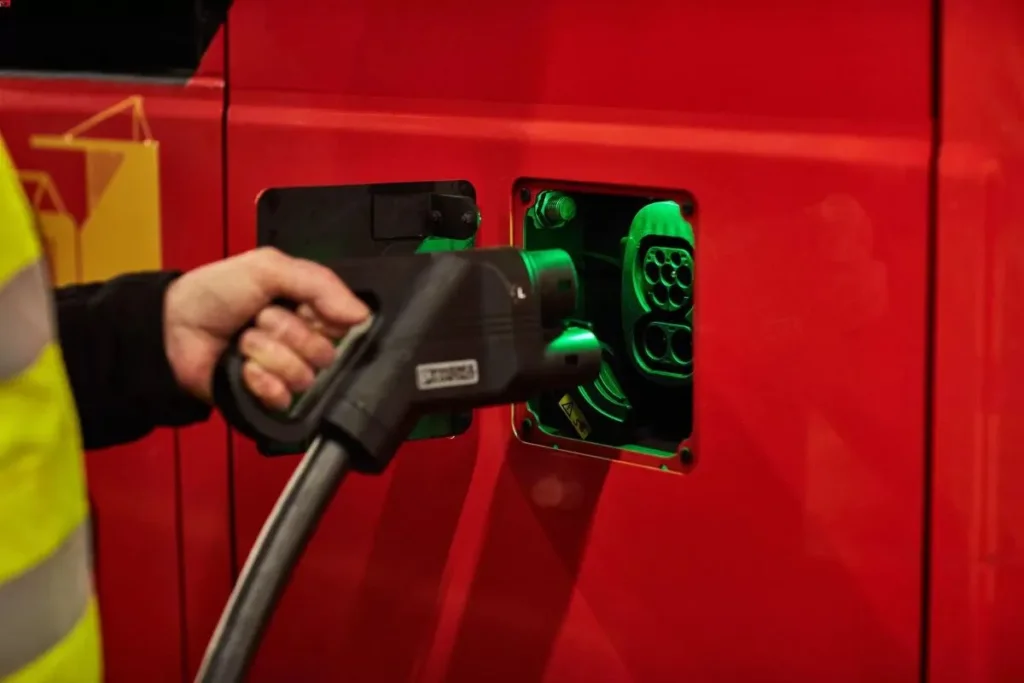The Russian carriers already in 2018 will use the electronic bills of lading The Ministry of transport believes that this way it will restrict the informal sector on the load transport market, which is extremely complex in Russia. The implementation is scheduled for the fourth quarter of this year.
The Russian government is planning to implement the electronic transfer of bills of lading in the whole transport and logistics industry. The relevant bill has already been prepared by the PM Dmitrij Miedwiediew with the representatives of the SME sector. Currently the implementation is scheduled for the fourth quarter of 2018.
Implementation of the electronic bill of lading will allow tax authorities to automatically control the compliance of the concluded transport agreement with the effective legislation and to control the so-called informal sector. Thanks to that the country will be able to increase the income from taxes” – izwiestija.ru quotes the statement of the ministry press service.
Avoiding infringements of transport law
Initially, using electronic bills of lading will be optional. Their importance and acceptance by contractors will not be any different from paper documents. After the expiry of the transitional period the digital document will be mandatory for all carriers. It is yet not clear how long the transitional period is going to last.
The purpose is to prevent the companies from breaching the transport law, which, unfortunately, happens frequently in Russia. The owners of the loads or freight forward companies that do not have their own vehicles or authorisations to own them, often simply use cheaper services of private individuals that have trucks, but do not have permission to conduct transport business.
The mysterious informal sector in transport
What is interesting is that even the Russian Ministry of Transport is not able to precisely estimate the scale of the informal sector. Illegal transport is carried out mostly by natural persons, often on old roads withdrawn from use and by officially destroyed semi-trailer trucks.
According to the Ministry of Infernal Affairs, currently in Russia 6.4 million trucks have been registered, of which as many as 60% belong to individual entrepreneurs, which are the main participants in the informal sector. Experts estimate that 70-80% of all load transport in Russia is carried out illegally.
It is hard to imagine the enormity of loss in the country, because using the services of individual entrepreneurs (professional drivers who have one semi-trailer truck) or freight forwarding companies, which do not pay VAT, is very common.
Experts believe that the implementation of electronic bills of lading will encourage many carriers to legalise their business.
– The introduction of electronic records will not completely solve the problem of illegal carriers, but it will be the first step to reduce their number – as said at izwiestija.ru Aleksander Łaszkiewicz, the Director for contacts with industry contractors GC Delowyje Liniji.
According to the data of the research company BusinesStat, in 2016 the income of the participants of the Russian road transport market increased by 7.9 % and amounted to almost 854 billion rubles. In 2017 they will probably amount to approx. 910 billion rubles.
Electronic bills of lading have already been used in France and Spain, and are to be implemented in the following countries: Austria, Belgium, Bulgaria, Czech Republic, Denmark, Estonia, France, Spain, the Netherlands, Lithuania, Luxembourg, Latvia, Germany, Norway, Slovakia, Switzerland, Sweden and Italy.
Photo: TASS.ru



